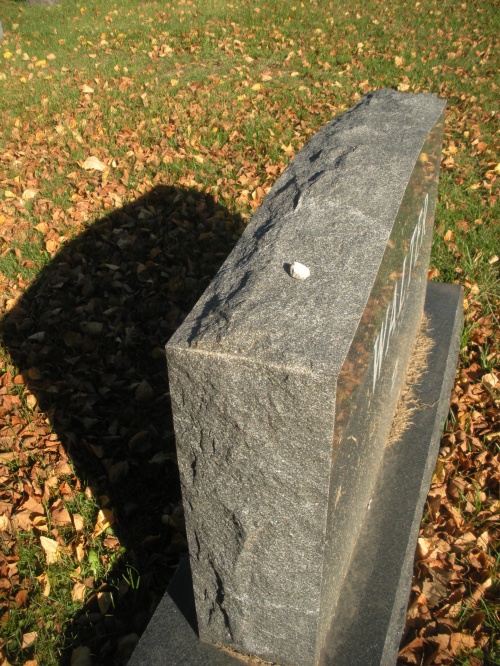I make everything from scratch, to avoid ingesting hormones, additives, and preservatives that I consdier pernicious, or at least whose beneficial or pernicious qualities are an open question. Dinners, desserts, soda, sauces and jams, breakfast cereal, trail mix, all sorts of bread. (Still haven’t made my own noodles, because I can’t seem to run out of the ones I have. I’ll get there Susy Morris, I swear.)
At almost 60, I’m a remnant of the last generation that routinely learned to cook at home. While I never stopped making dinner- the stews and soups and roasted chickens- I had largely abandoned baking, picking it back up a few years ago. I started with crackers, then scones, and moved on to pie (yes the crust too, thanks for asking).
It turns out to be like language– while I do rely on recipes, I found baking intuitive for the most part; call it “touch memory” from my childhood. Like smells, it turns out the texture of a proper pie crust, and the correct amount of cookie dough to scoop up, and the shape of a pita are learned skills that lurk in the interstices of your brain until you need them again.
But I didn’t trust myself with bread.
I’ve been through many recipes- the Browneyed Baker, and Mark Bittman and my favorite legacy cookbook. I’ve watched the complex terror that is America’s Test Kitchen’s minute description of how to fail at breadbaking. I followed every step to the letter. I asked my pro-baker buddy for tips. But it wouldn’t rise, and it didn’t look right, and the crumb was too loose or too dense.
The only expert I didn’t consult was that lizard brain of mine, which kept telling me that none of my breads felt right.
A month ago I went to a bread baking demonstration, expecting to find That One Weird Trick That Will Make Your Bread Turn Out Correctly Every Time!
And I did.
The presenter started throwing ingredients into a bowl– warm water, melted butter, yeast, sugar, coffee, salt. He dismissed experts and recipes– “two cups of liquid, some kind of shortening, yeast, flavoring like salt, 4-5 cups of flour. That’s bread. Any kind of bread– flat bread, loaf bread, fancy bread.” Now this sounded more like cooking, and less like that scary, scientific, chemical-reactions, cautiously weighed ingredients mystery that is baking. And I remembered baking bread with my mother; she used to have a cookbook out, but I seldom remember her looking at it. She would just make the bread, and tell me “this is what the dough should feel like when it’s ready to rise, and this is what it feels like when it’s ready to bake.” Here’s how it looks and here’s how it smells.
So I started making bread, instead of reading recipes. The first time I ignored the recipe, I forgot the shortening in a loaf bread. Bread without shortening gives you flat bread, like pita, so you can imagine how nice and dense that loaf was.
But it freed me from the tyranny of perfection– I made edible bread armed only with ingredients and my knowledge. So I made another loaf (and forgot to punch it down– this results in a bread “balloon” in case you’re wondering), but it looked and tasted like bread. I’m on my fifth loaf now, and third successful loaf. Easy, in fact, as pie turned out to be.
Standing at the counter kneeding bread feels not just like, hey, I’m going to have some delicious bread in a few hours. It feels like I’m Eve, or Miriam, or Mrs. Ingalls, or my mother, doing what women do, and have always done.
Making bread.













